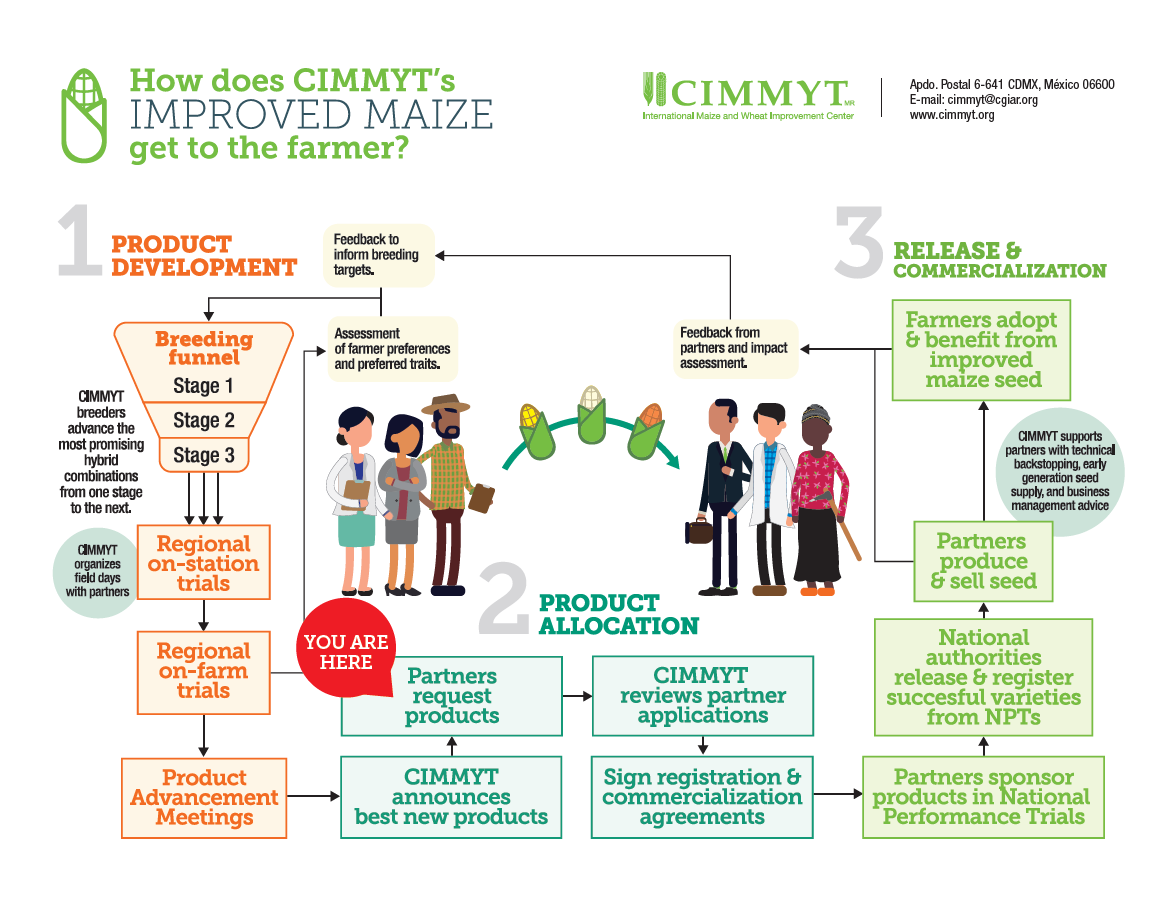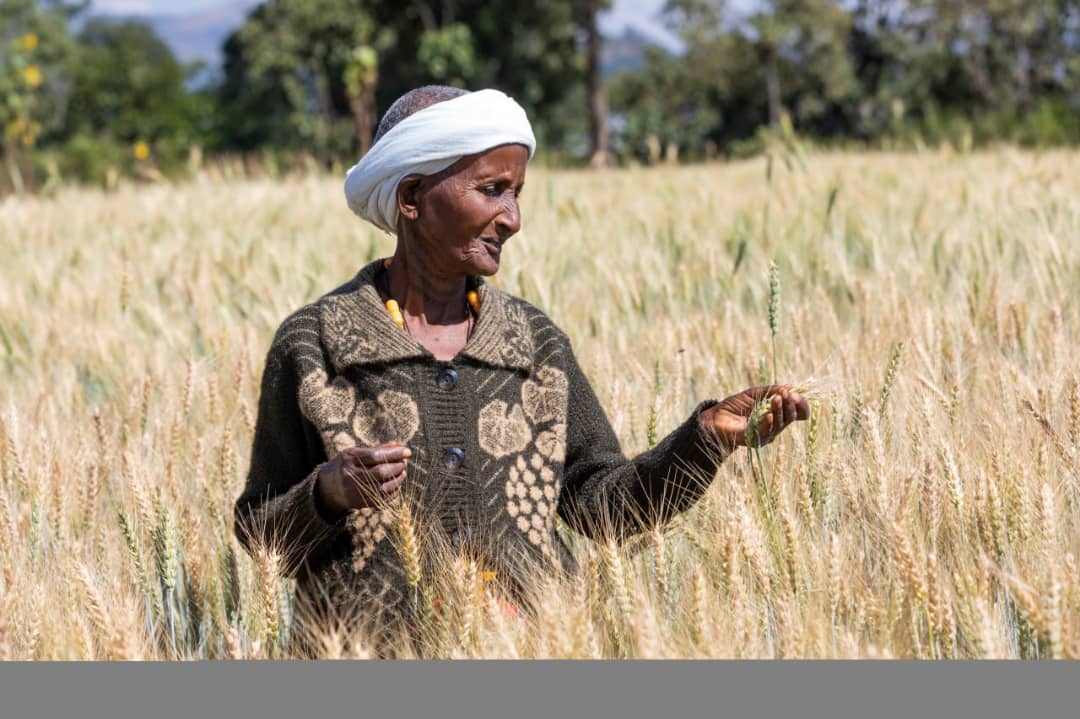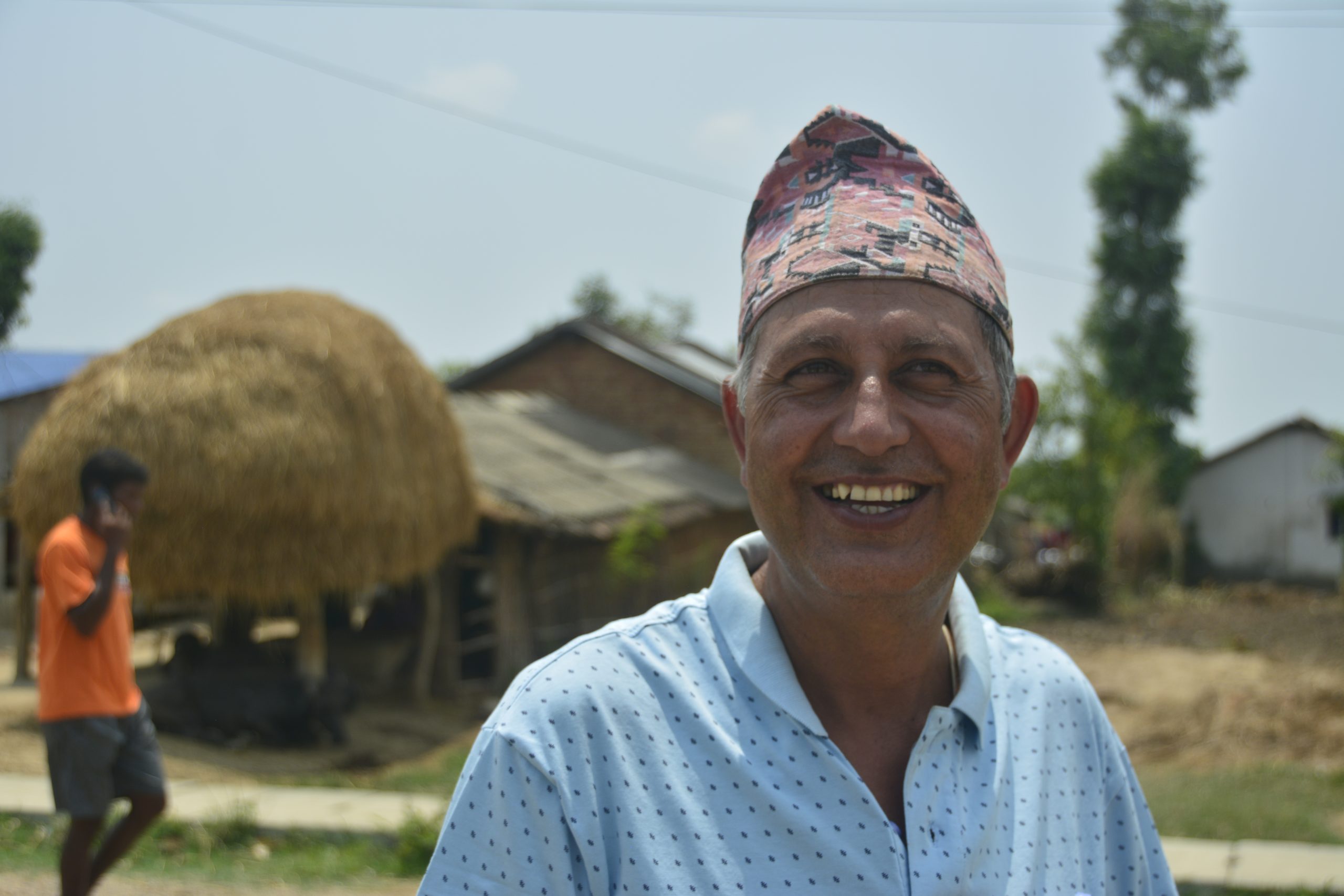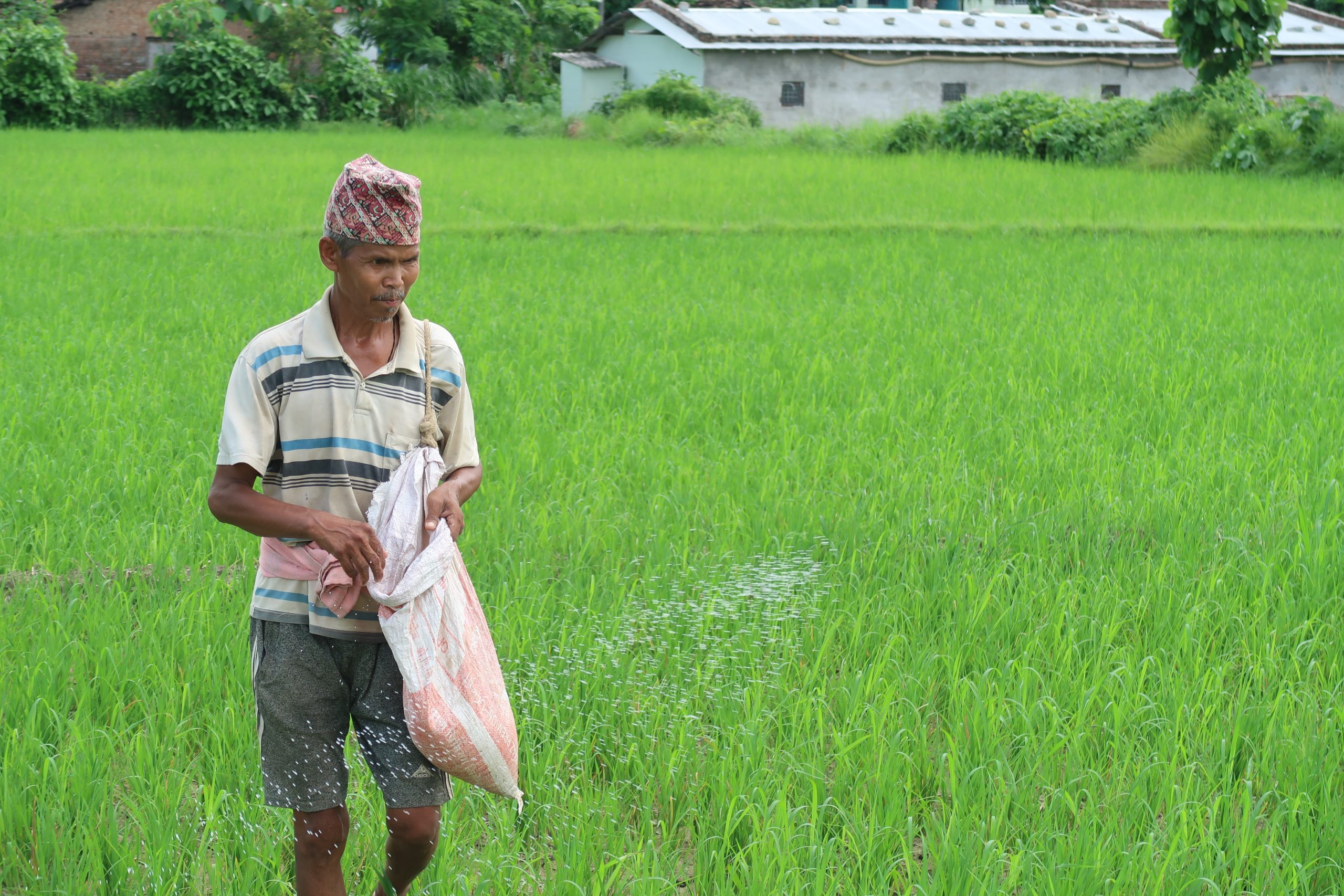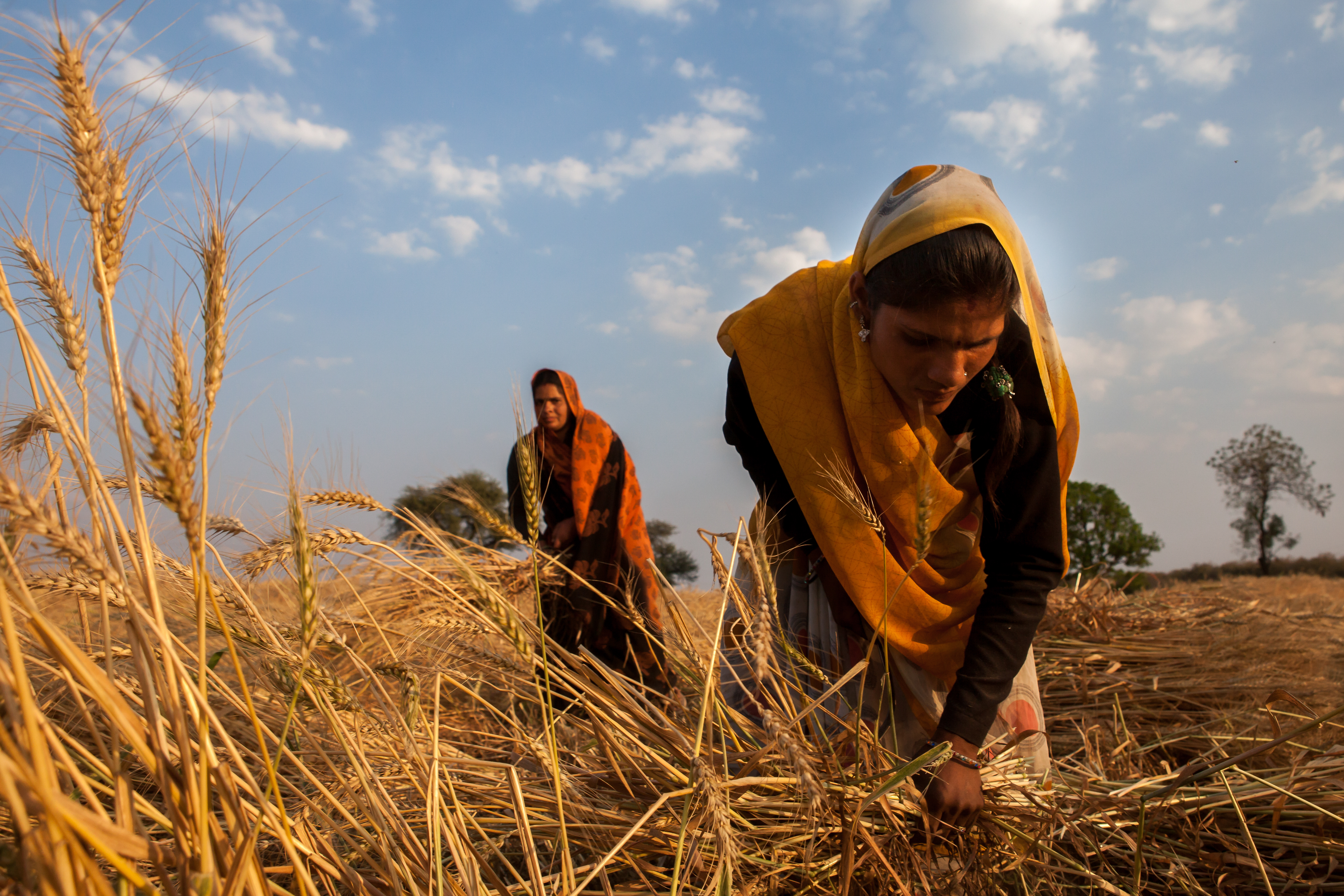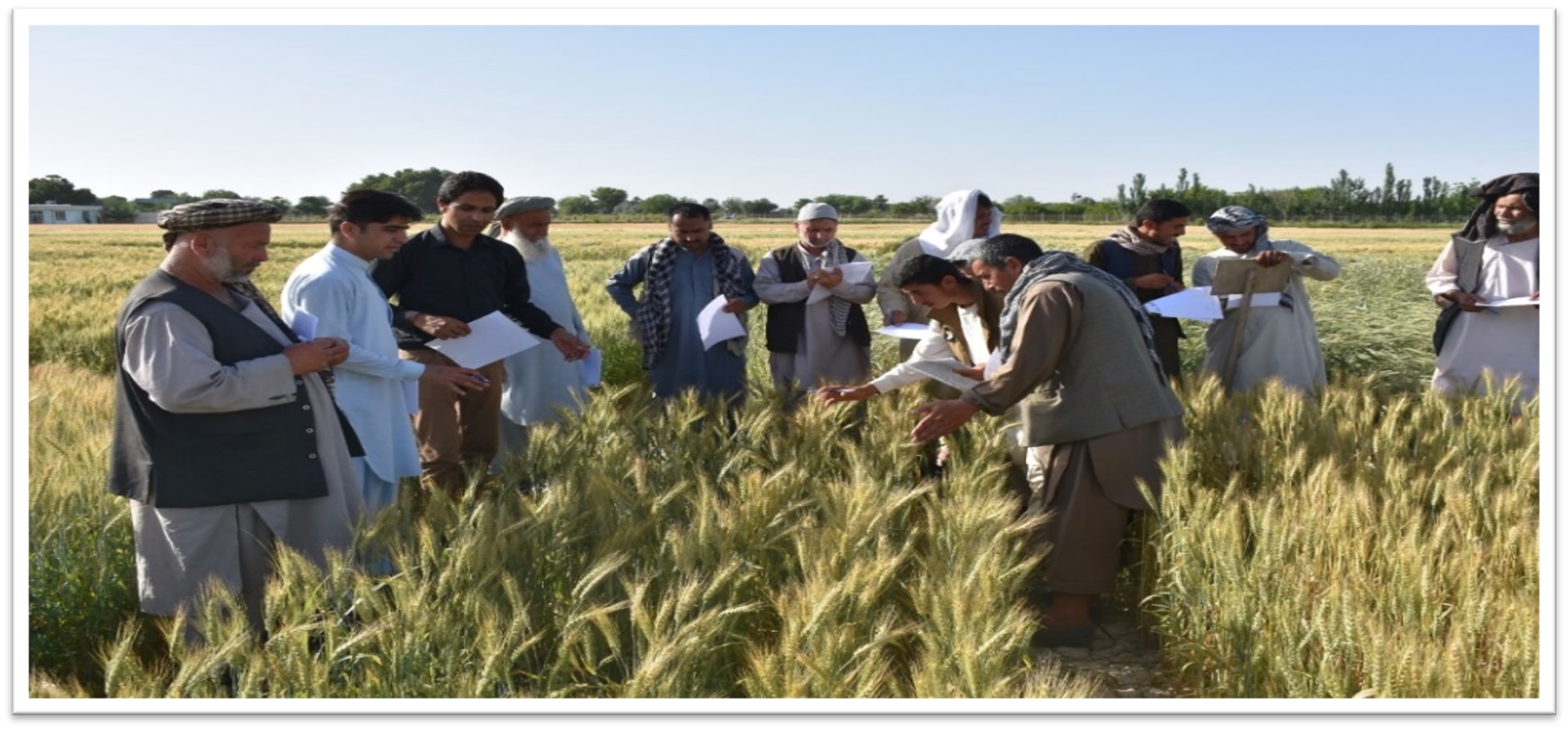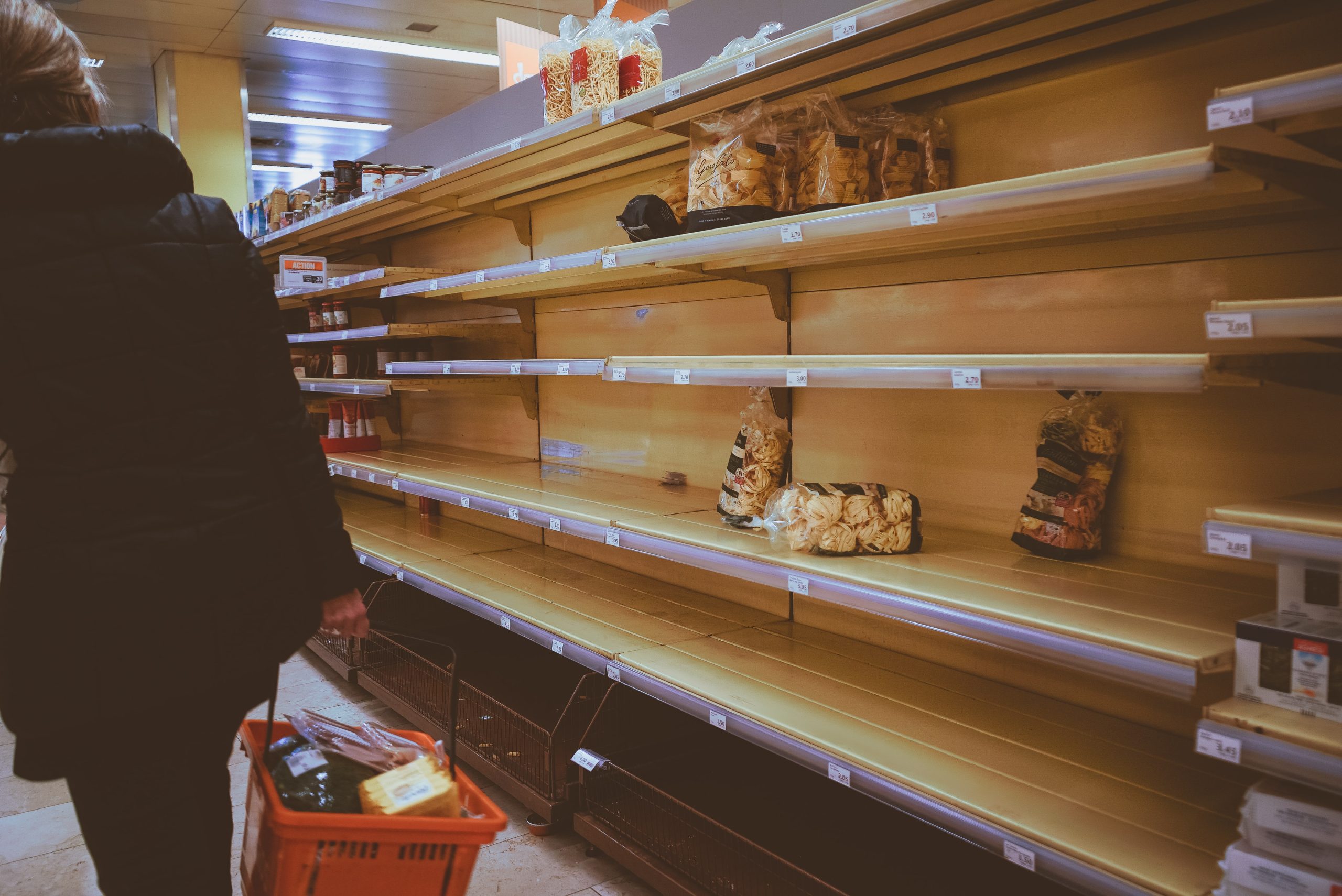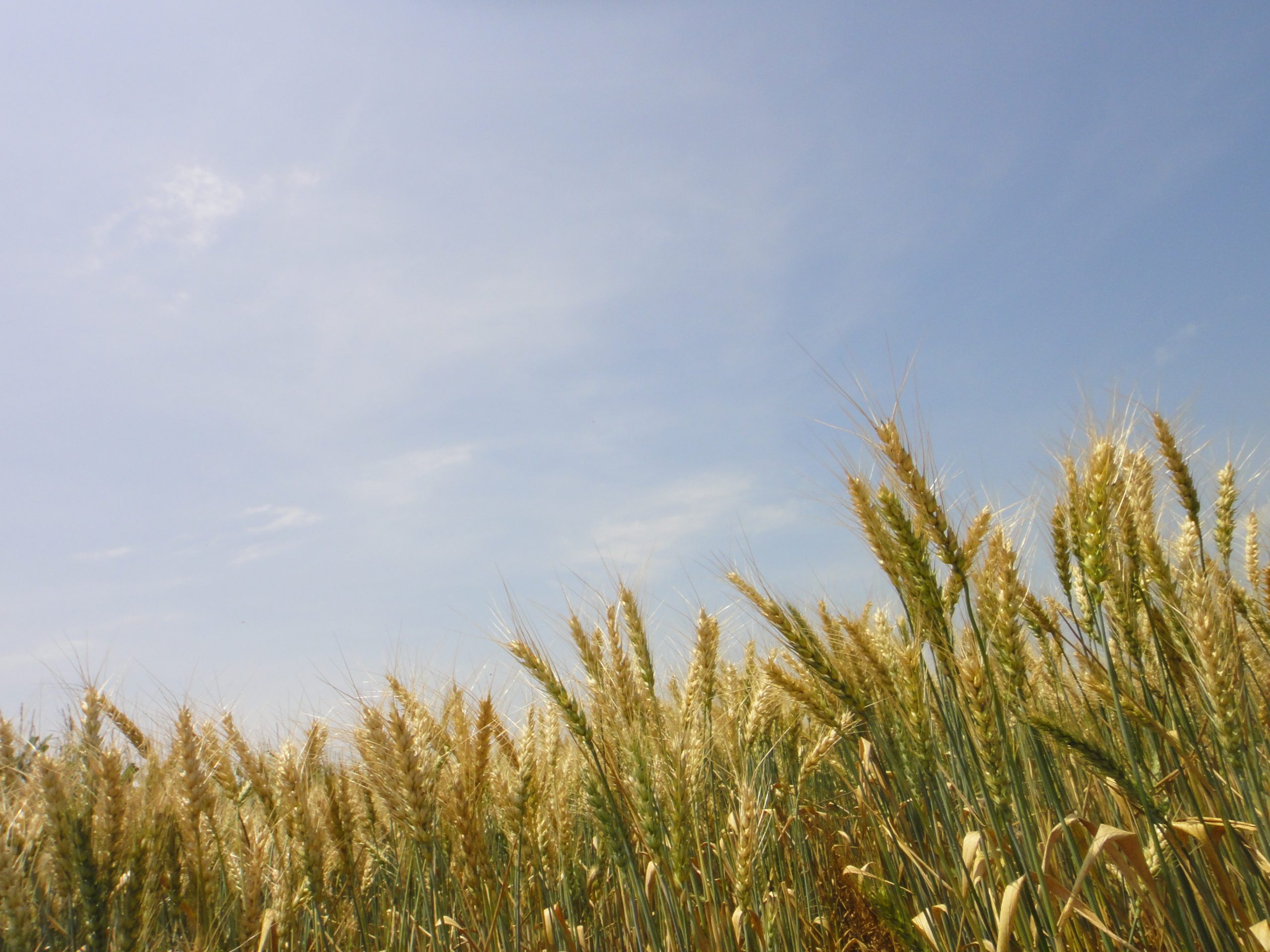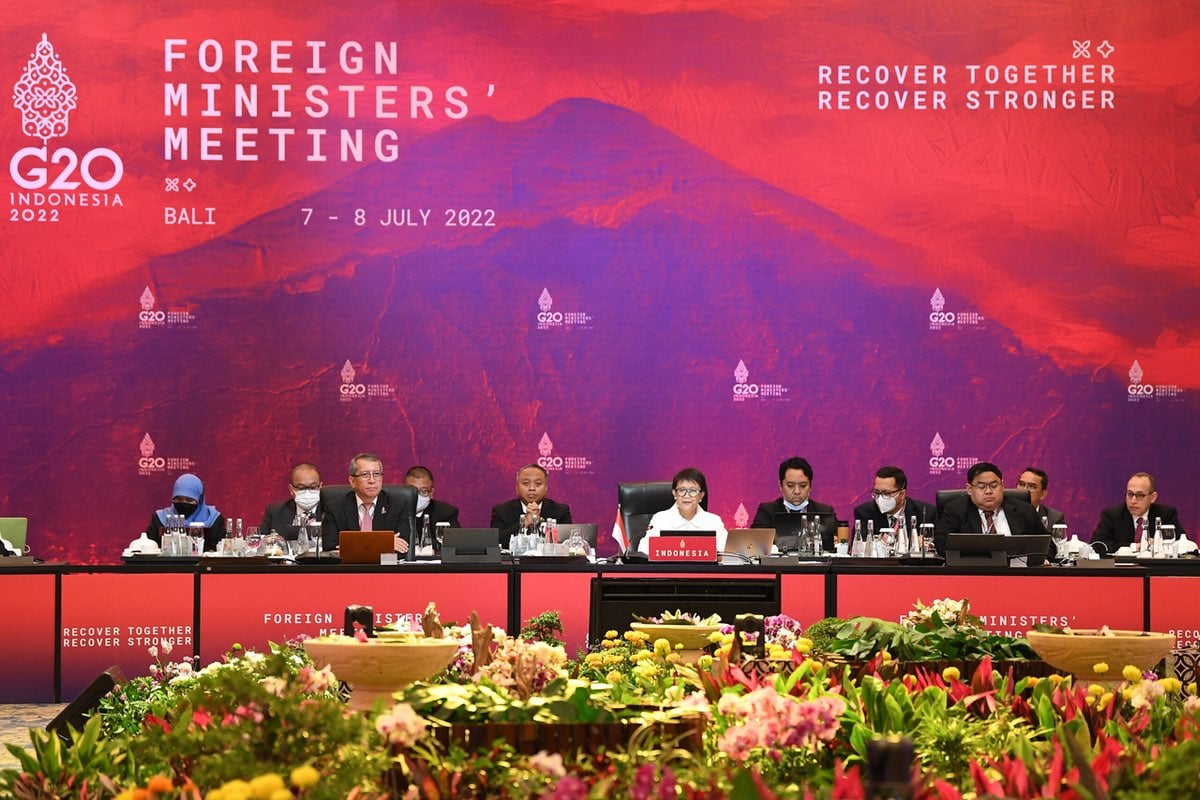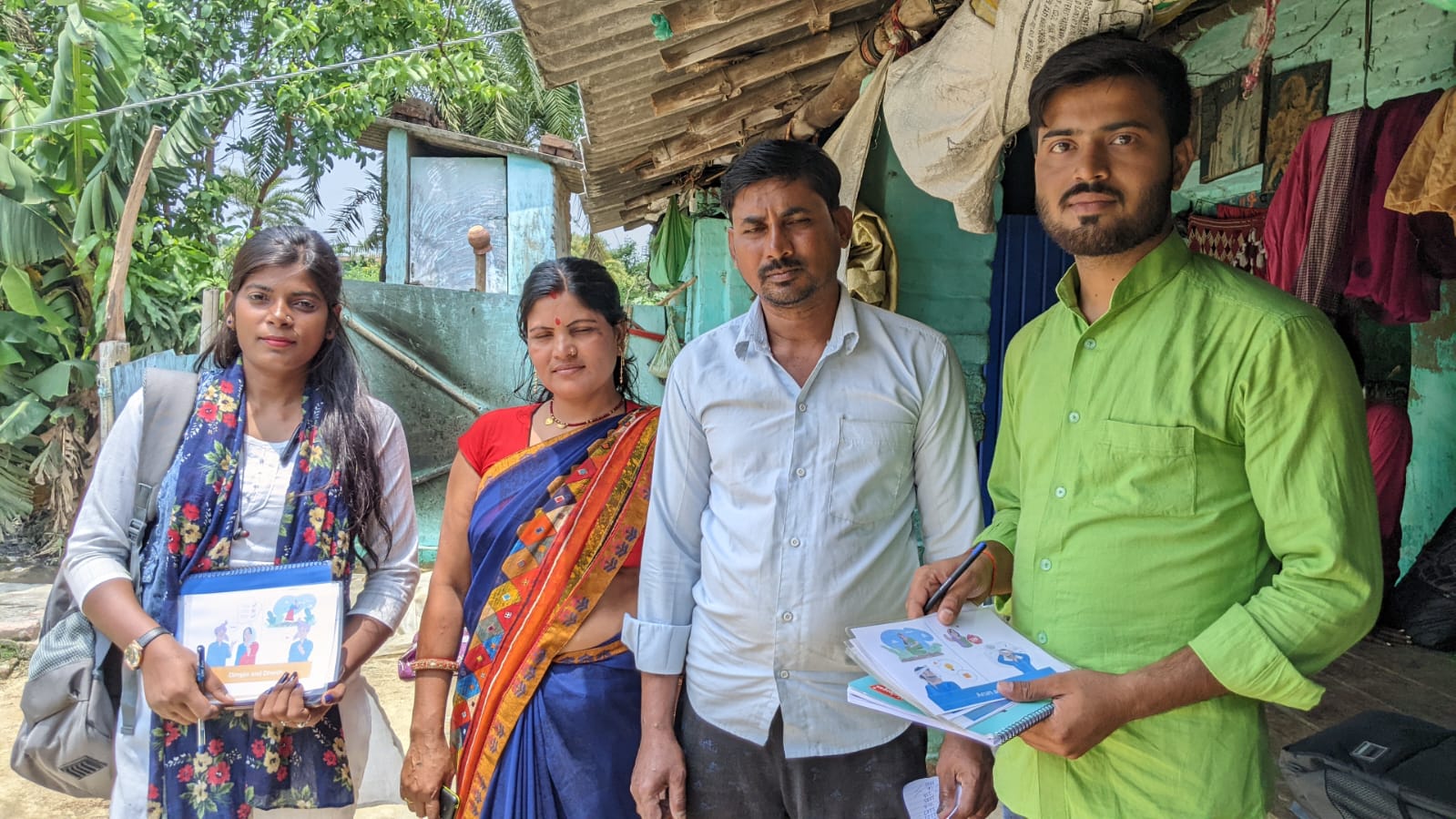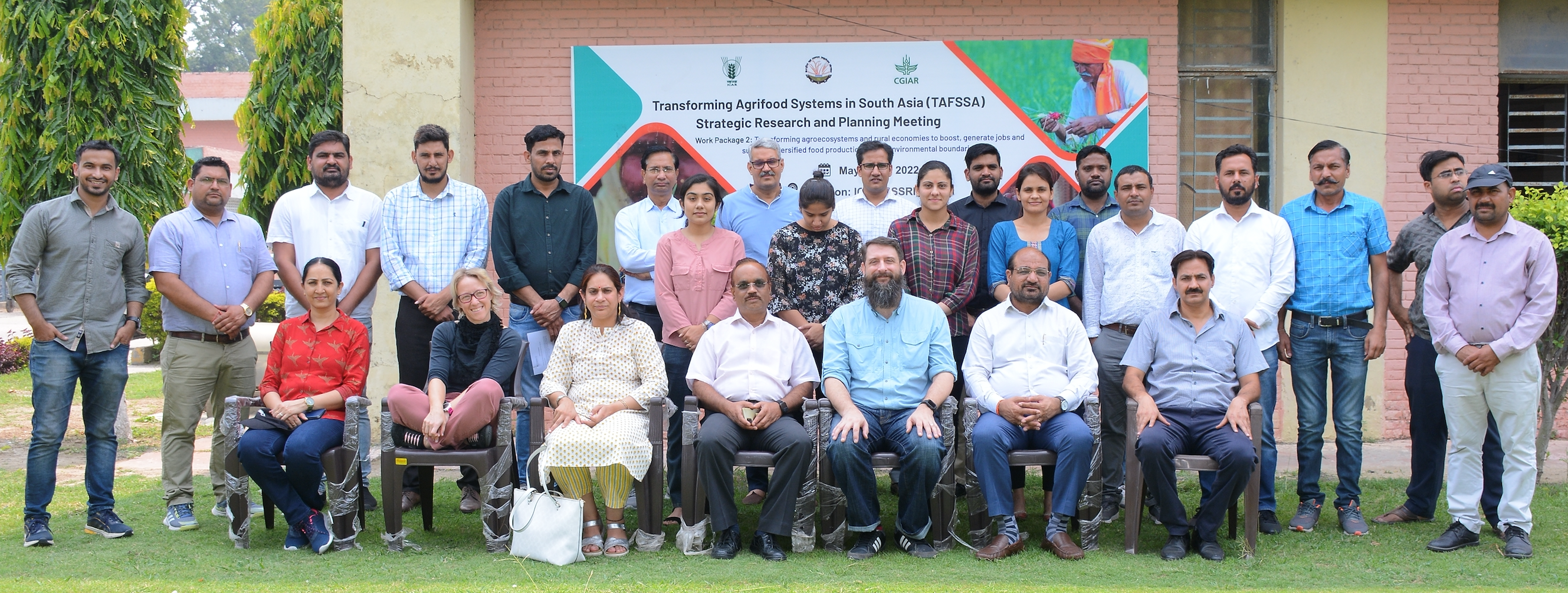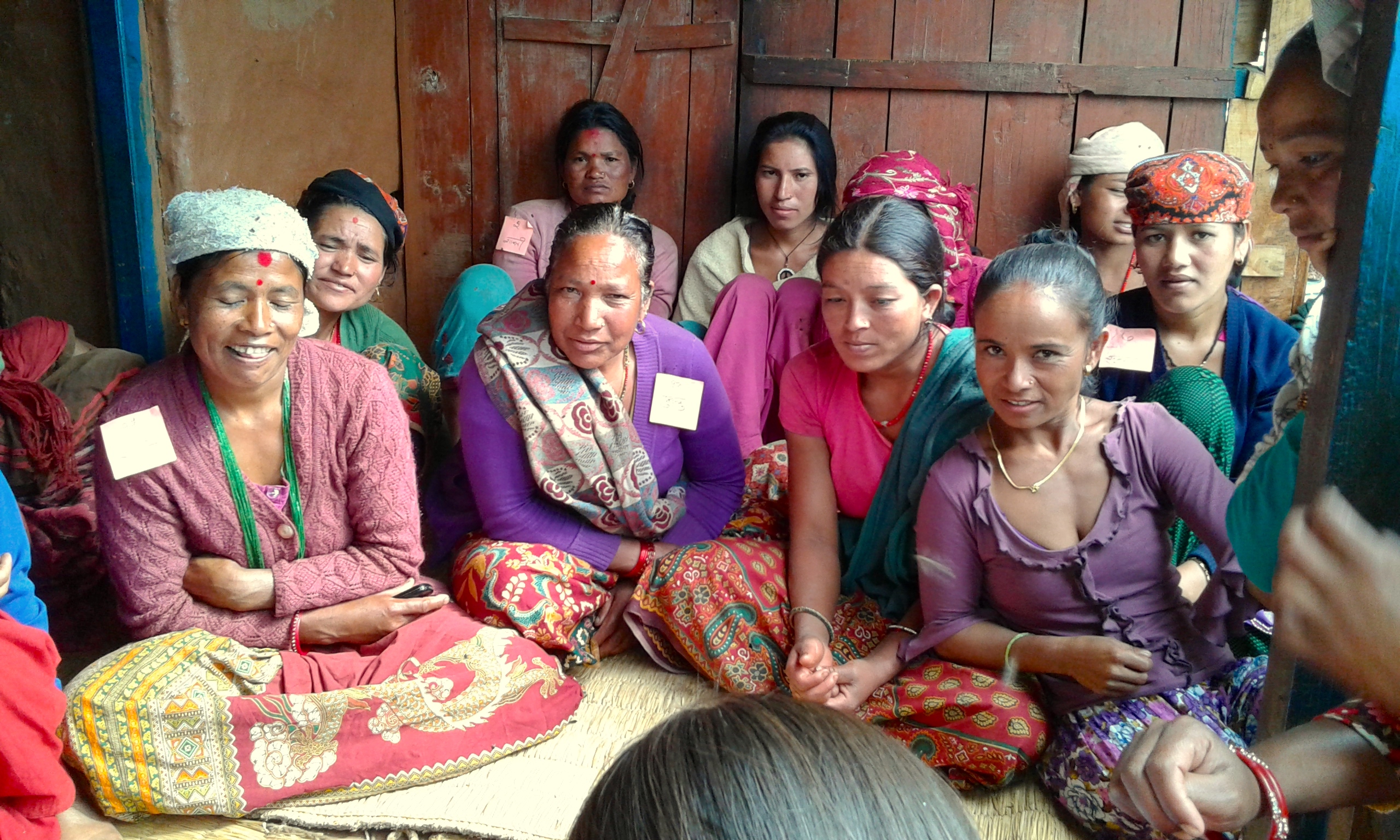Asia
As a fast growing region with increasing challenges for smallholder farmers, Asia is a key target region for CIMMYT. CIMMYT’s work stretches from Central Asia to southern China and incorporates system-wide approaches to improve wheat and maize productivity and deliver quality seed to areas with high rates of child malnutrition. Activities involve national and regional local organizations to facilitate greater adoption of new technologies by farmers and benefit from close partnerships with farmer associations and agricultural extension agents.
New CIMMYT maize hybrid available from South Asian Tropical Breeding Program
 Innovations
Innovations
CIMMYT is offering a new improved maize hybrid to partners, to scale up production for farmers in the region.
More than machines
 Innovations
Innovations
In collaboration with GIZ, CIMMYT’s Scaling Scan is helping Green Innovation Centers in Africa address the sustainability problem.
Growing confidence in the maize business
 Capacity development
Capacity development
Agricultural businesses are investing in maize to reduce Nepal’s reliance on imports of the crop and to improve the experiences of farmers.
Nepal Government endorses new site-specific fertilizer recommendations for rice
 Poverty reduction, livelihoods and jobs
Poverty reduction, livelihoods and jobs
CIMMYT supports the development of site-specific fertilizer recommendations to increase rice productivity in Nepal.
Worsening food insecurity calls for stress-tolerant seeds
 Climate adaptation and mitigation
Climate adaptation and mitigation
Source: The Kathmandu Post (6 Aug 2022)
Climate-resilient seeds can help sustain Nepal’s agricultural productivity and crop development, experts say.
Earlier wheat planting will boost yields in eastern India
 Innovations
Innovations
Adjusting the sowing dates for wheat in eastern India will increase untapped potential production by 69%, new research shows, helping to ensure food security and farm profitability as the planet warms.
Scientists step up wheat landrace conservation efforts in Afghanistan, Turkey and other countries in the region
 Environmental health and biodiversity
Environmental health and biodiversity
In 2009, a team of wheat scientists from CIMMYT, ICARDA, FAO, and national partners set off on a five-year expedition across Central Asia to collect as many landraces as they could find.
How to shockproof staples in a looming global food crisis
 Nutrition, health and food security
Nutrition, health and food security
As the Russia-Ukraine conflict continues, practical actions now can build food system resilience.
Essential actions to mitigate the food crisis, stabilize supply and transition to greater agrifood system resilience
 Nutrition, health and food security
Nutrition, health and food security
Experts propose short-, medium- and long-term practical actions to respond to the looming global food crisis catalyzed by the Russia-Ukraine war.
China calls on G20 to support CGIAR to boost global food security
 Climate adaptation and mitigation
Climate adaptation and mitigation
The G20 Foreign Ministers’ meeting held on July 7-8 in Bali saw Chinese State Councillor and Foreign Minister, Wang Yi, highlight support for CGIAR as part of a proposed cooperation initiative to boost global food security.
China to build international agricultural breeding center in Hainan
 Climate adaptation and mitigation
Climate adaptation and mitigation
Source: Xinhua News (14 Jul 2022)
A letter of cooperation has been signed in China to signal the start of a new partnership aiming to meet the global challenge of climate change and ensure food security.
Researchers use storytelling to evaluate women’s agency in agricultural production
 Capacity development
Capacity development
A study in India highlights who does what in wheat farming to support the design of gender-responsive interventions in the region.
Researchers plan transformation of agrifood systems in South Asia
 Nutrition, health and food security
Nutrition, health and food security
CGIAR Initiative will put nutrition first, to increase access to sustainable healthy diets, and will work with partners across the production-to-consumption spectrum.
Cereal seed value chains in Nepal
 Nutrition, health and food security
Nutrition, health and food security
A new study provides deeper insights into improving the performance of the country’s rice and maize seed value chains.
